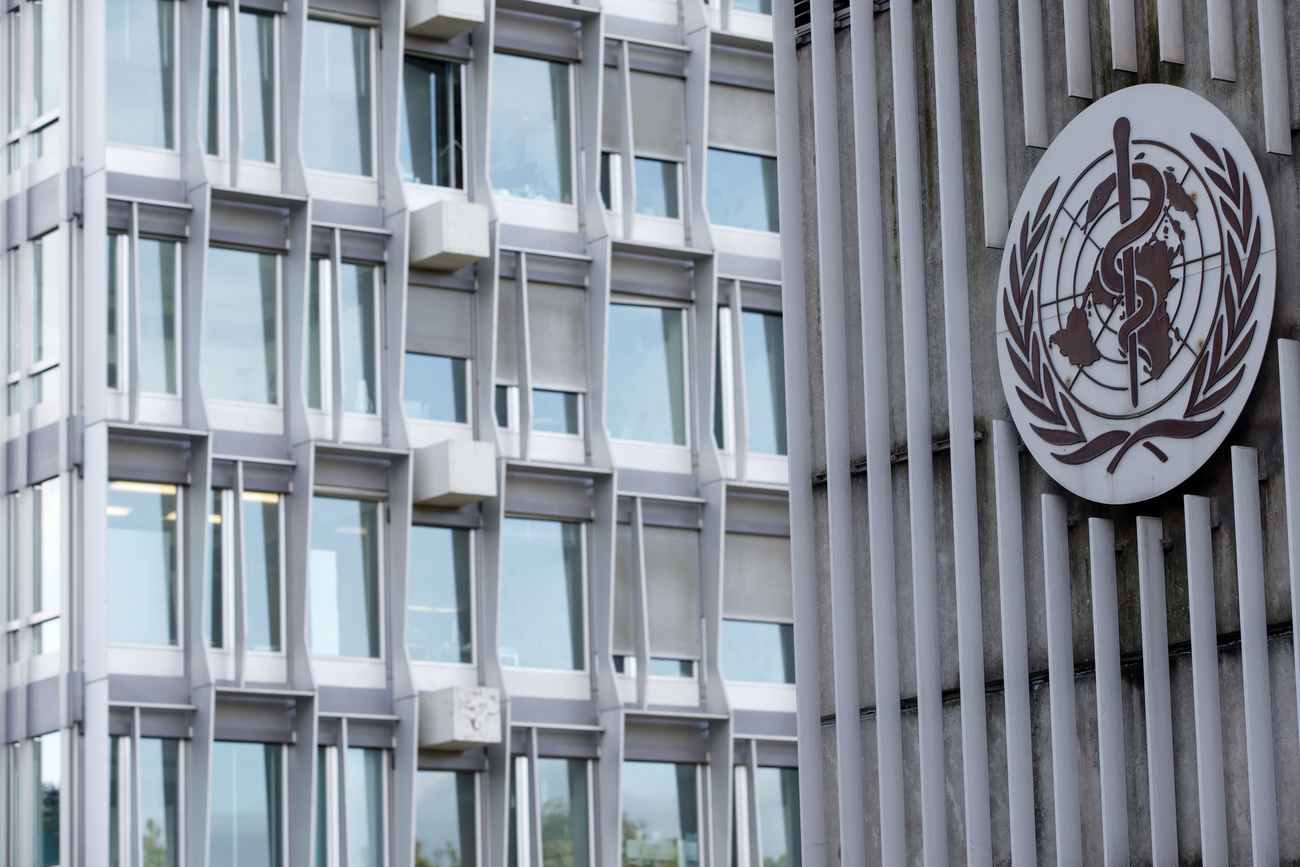
WHO assembly in Geneva plans global pandemic pact

The 194 member nations of the World Health Organisation (WHO), including Switzerland, have pledged to open talks on a new global convention to better deal with future pandemics.
The WHO announced the plans at the end of a special three-day session in the Swiss city of Geneva. The goal of the pact is to come to a legally binding agreement that will prevent a repeat of the egoistic way in which many countries acted faced by the current coronavirus pandemic, said WHO boss Tedros Adhanom Ghebreyesus on Wednesday.
Concretely, rules are foreseen to for example prevent countries from banning the export of masks or other protective materials during a global pandemic situation. In the current pandemic, many poorer countries are still waiting to be able to vaccinate their most vulnerable citizens, while richer countries are already administering booster jabs.
The agreement would also foresee an oversight mechanism to ensure countries stick to the rules agreed on – or at least a more effective oversight mechanism than the current one, largely ignored by countries over the past two years.
However, the pact is not coming very soon: a working group will aim to kick discussions off by March next year, and then work towards presenting a draft to the WHO assembly by May 2023. The final pact would then be signed off on in 2024 – a “long” time goal which doesn’t detract from the “historic” nature of the future pact, Ghebreyesus said.

In compliance with the JTI standards
More: SWI swissinfo.ch certified by the Journalism Trust Initiative





























You can find an overview of ongoing debates with our journalists here . Please join us!
If you want to start a conversation about a topic raised in this article or want to report factual errors, email us at english@swissinfo.ch.